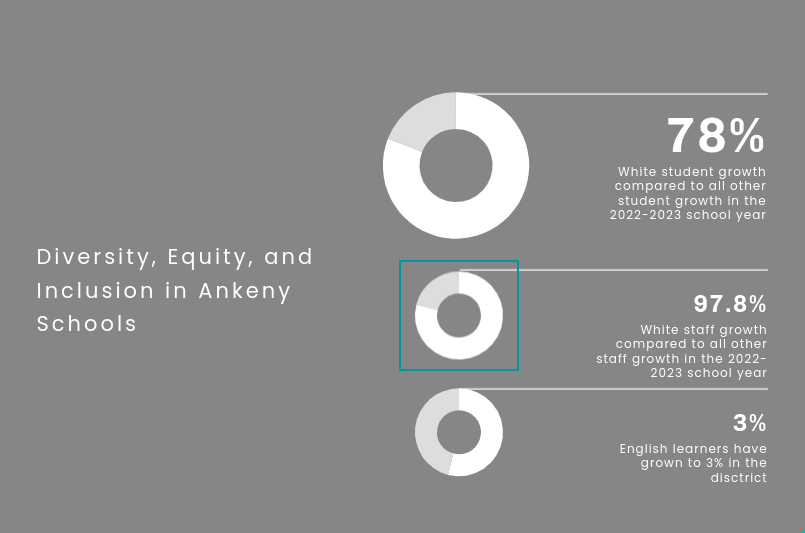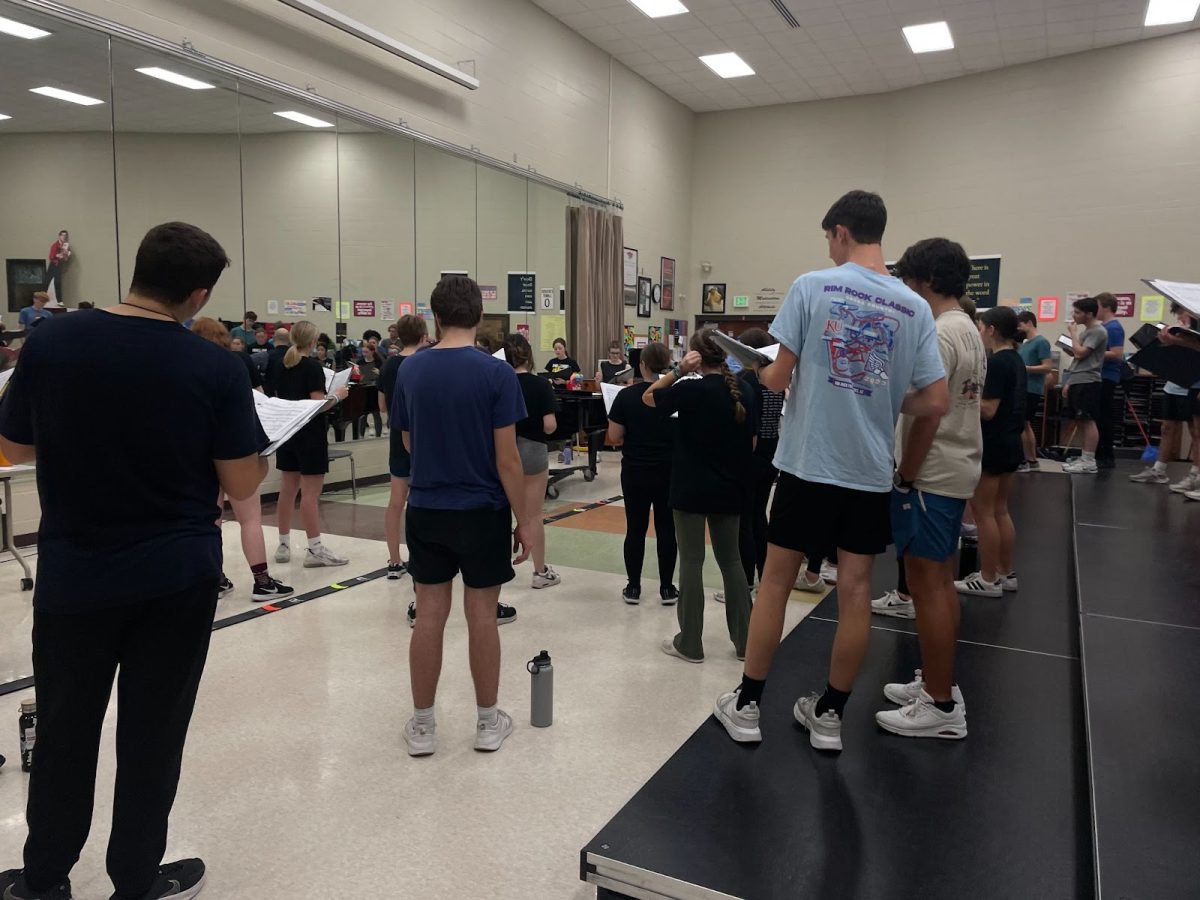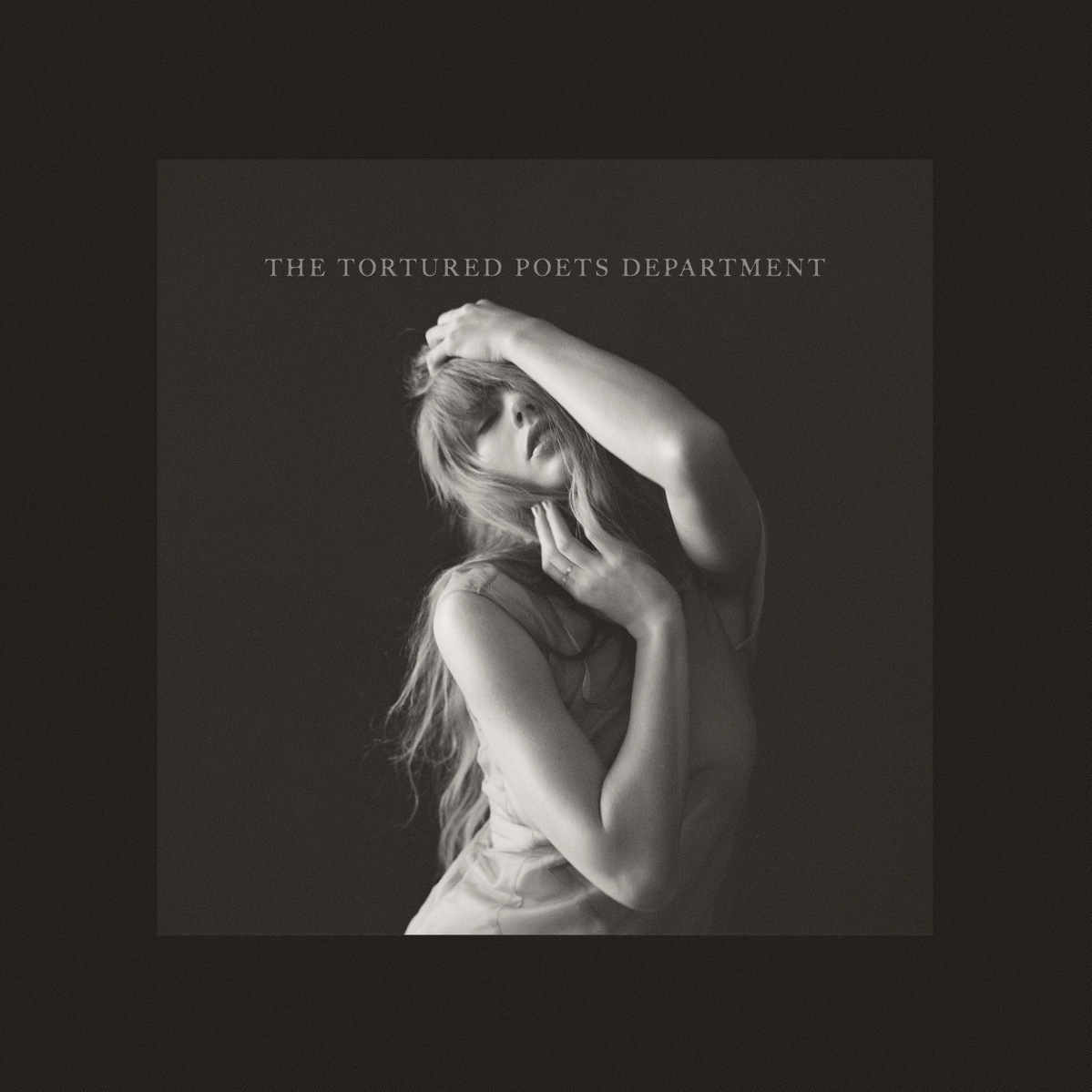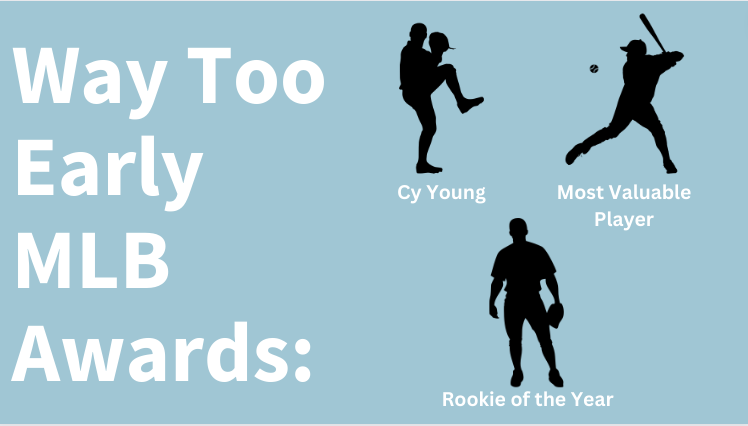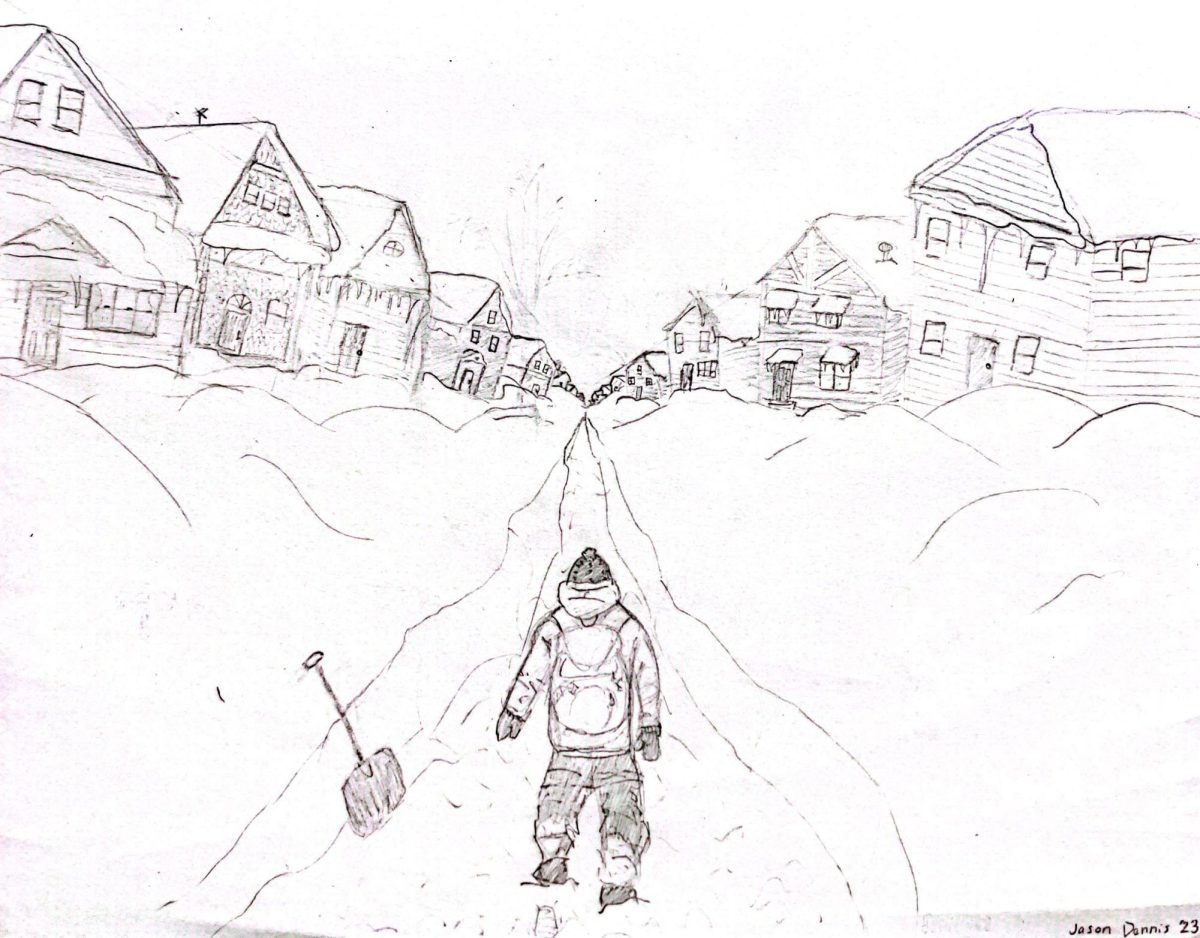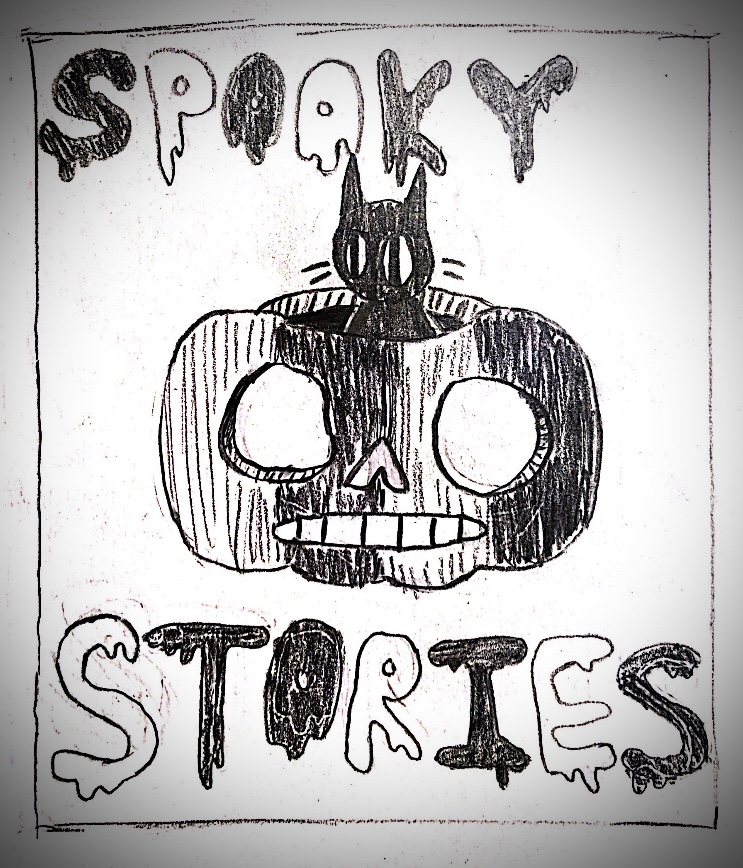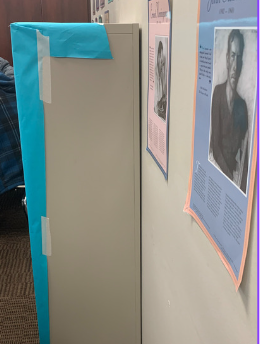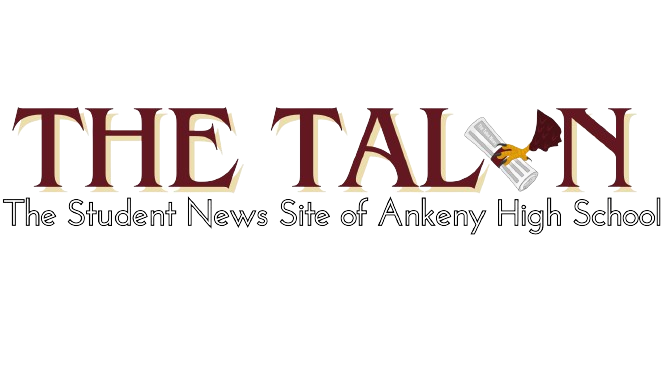
Update- Jan. 23, 2024
Ankeny High School bookshelves will continue to have the same titles as before the SF 496 book ban bill (which put restrictions on what books could be accessed at schools) was announced in May of 2023 because of a legal injunction made this past Dec. which blocks enforcement of the law.
“We are doing whatever the courts say is legal at the moment, and so it is going to be in fluctuation for a while,” AHS teacher librarian Jenny Wirtz said. “Right now, we are under the federal judge’s injunction. That means our books can still stay accessible and in use, so anything that we would have removed is now back on the shelves.”
Although the books have been temporarily put back on the shelves, it is not clear whether or not they will stay there.
“The governor did appeal the injunction, so it is a battle in the courts. So now a judge has to say whether the injunction will stand or not. The list is made, so if we have to go back and remove them [book titles], we can…easily; the work is done. It could take up to two years for a final ruling on whether Sf 496 is legal or not,” Wirtz said.
Wirtz said that they will not continue to review books and instead continue as normal.
“We won’t go any further in reviewing what is already in here because we chose it for a reason,” Wirtz said. “ It met our criteria when we purchased it. If Senate file 496 is not in place while we are under this injunction, then there’s no need to look further.”
The beginning… 2023 school year
On May 26, 2023, Senate File (SF) 496 was signed into law. In the beginning of the school year, it caused waves as students and teachers grappled with the new changes. In the initial months, it changed which supplementary materials, including books, could be taught and accessed in schools. While major parts of the bill have been blocked from enforcement because of a lawsuit filed by the American Civil Liberties Union (ACLU) of Iowa and Lambda Legal, it has still affected the learning environment for students and teachers. The Iowa State Education Association alongside book publisher Penguin Random House are also involved in a lawsuit regarding book restrictions in SF496.
Senator Bousselot, who serves the 21st district in Iowa, sent an email to The Talon in August of 2023.
“I supported SF 496. The legislation was in response to calls from Iowans seeking greater transparency and accountability in the curriculum and education of Iowa children,” Bousselot said. “I heard those calls personally. Specifically, parents wanted to be in control of their children’s access to sexually explicit materials and did not want sex education in elementary schools.”
SF 496 states that age appropriate for all students “does not include any material with descriptions or visual depictions of a sex act as defined in section 702.17…”
At the start of the school year, it meant big changes to what books students were allowed access to.
“It’s been a big change especially for AP Lit [Advanced Placement Literature and Composition] because we have to double check all of our books and we’re not sure what we can use and what we can’t use, so it feels like we’re always kind of scrambling to find something to use which is not a good way to be going into a year,” English teacher Luke Schut said in September of 2023.
This is not what Representative Steven Bradley of the 66th district of the Iowa House had in mind.
“I don’t want to take away the classics. I just want to take away anything that has pornographic portrayal in it,” Bradley said.
This is not what happened in Ankeny High school.
“I know right now we have definitely removed “Brave New World” from our list, which is one we’ve had here for I think longer than I’ve been teaching here,” Schut said.
There have been questions about how these changes will affect students taking the AP exam.
“[We’re all] going to be writing about “The Great Gatsby” at this point, because we won’t have access to almost any of the books that will be on that exam. Unless we all band together and go get copies from the library, we probably won’t know,” junior Alex Hoxeng said. “I know that a lot of students right now are planning on individually going and trying to find some of those books and read them and dissect them without a teacher’s help, which is so much more difficult when it comes to old literature, just so that they can feel kind of prepared for whatever is going to show up on the test…”
Junior Elliot Sutton does not believe that this will affect his score on the AP exam.
“I don’t read books with sex in them anyway, so it’s not limiting what I already read,” Sutton said.
Schut is concerned about removing some commonly used books on the AP exam including “Invisible Man” (which is one of the most referenced books on the AP test). AP teachers are still going to prepare students, but not having access to some of the most commonly read classics is proving to be a challenge for both teachers and students. Even those who are not taking the AP exam will experience some changes.
“I don’t know how much they’ll notice, although I think it is going to lead to students reading fewer things and having fewer options of what they read, at the very least,” Schut said. “So it might not be something terribly obvious to them, but to their teachers, they’ll know they’re giving their students fewer options or [classes will be] reading fewer things just to try to stay clear of this.”
Hoxeng thinks that these changes would limit the worldview of students. She has friends whose lives have been deeply affected by classic books that may get removed. Hoxeng believes that those who do not take the test will still be affected because they will not get to experience the growth that comes from reading old literature.
The classroom has not been the only place to experience these new developments. Wirtz has noticed changes as well.
“The amount of time [the librarian team is] spending to try to be in compliance is astronomical. It is all I will do between now and January 1st, and that’s sad,” Wirtz said. “I’ve had teachers that have wanted me to come in and collaborate in their room, whether it be on research or English 10. I usually work a ton with [English 10 in] the fall and I’ve had to say I can’t.”
Wirtz says that this has affected students and teachers.
“It’s the students and the teachers who are losing out there because I’m not doing what I would normally be doing,” Wirtz said. “That makes me sad that I just have to put all this time into trying to get compliant with this law.”
Even with all of the time Wirtz is spending, it is not possible to review all of the approximately 15,000 books within the Ankeny school library.
“We are going to do our best. I don’t think it will be perfect because of the sheer amount of material that we have,” Wirtz said. “But we will have reviewed hundreds of books but then we own thousands. So we’re going to do our best. Are there going to be things brought to our attention after that date that we have to reconsider? I’m sure there will be, but we’re working really hard to get as compliant as we can be.”
To tackle this challenge, Wirtz has been prioritizing what she reviews.
“…We’re looking at the books that have the highest amount of challenges for sexual content. We’re using other districts’ lists to be a starting point for our list, and so that helps us narrow what books that are most likely going to be a problem,” Wirtz said. ” Then as we review them, sometimes we’re finding that ‘no,’ that does not break the law, and we recommend it stays on the shelf, or we might find a book that we’re like, ‘okay, that clearly now is in violation of the law,’ and we’re going to recommend it for removal.
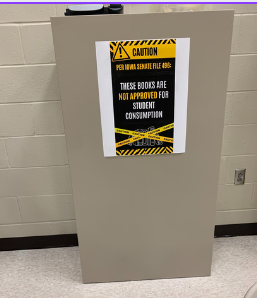
The removal of books has brought visual changes to the classroom, where multiple teachers have their book cabinets turned backwards or covered.
“Yes I have some posters, several of the members of the English department have that because if I’m being made to restrict access to books, I want my students to know it wasn’t my choice,” English and drama teacher Mollie Jo Blahunka said. “I had a number of books on my shelf that had to be taken off, and as I was separating all of them. I realized I had nowhere to put them and so I put them all on a separate bookshelf and then just turned it around. Then that was how I labeled my bookshelves with a poster that says, ‘These are not suitable for student consumption’… What was actually really relieving is several books that I teach in my class were up for debate and at least one of them has now been approved by the district, which is just a really huge relief knowing not only that I get to teach that book, but that the district is actually taking the time to read and evaluate these books and determine what is and is not appropriate.”
Another change that comes from these laws is to book review committees. SF 496 specifically prohibits students from serving on review committees for books, which Ankeny has had students do in the past.
“I’m very upset about that part of the law. I’ve always felt students at this age deserve a say and what they have access to. You are old enough to critically think about literature. That’s what we want you to do is to critically think about literature,” Wirtz said. “So you are also well spoken and you have such a great thought process. Why wouldn’t we want a young person’s view on why this is appropriate or not appropriate? I completely think that students should be on those review committees.”
SF 496 also changes the process for requesting the removal of books. The law states that “The identity of a parent or guardian who requests the removal of a book…or other educational material that is available to students in the classroom or in a library operated by the school district pursuant to subsection 1, paragraph “a,” shall be confidential and shall not be a public record subject to disclosure under chapter 22.”
Wirtz disagrees with this change.
“I don’t believe that’s fair either. I think if you have an issue with a book and you feel that strongly about it you should put your name on it,” Wirtz said. “I don’t believe those should be anonymous.”
Even though Wirtz has not yet chosen new books for the library, she does not believe that these new laws will change much about the process.
“… When I do start purchasing again, I will do it the same way I always have because we’ve always provided age appropriate materials for our high school kids. I will very diligently and thoroughly look at reviews, but that won’t change a lot,” Wirtz said. We will follow our selection policies to a tee. I think as more states have these laws put in place, we might see more of that information coming into reviews. I think we might see publishers tagging them a little bit different. It might have a tag that says sexual content or something… but as far as our selection policy goes, we’ve always had a solid policy. It doesn’t change much.”
It’s still too early to tell what effects the new laws will have, but some teachers hope that students will find information themselves.
The future of SF 496 and the new year
“…I guess students can’t know what we don’t teach them unless they go and seek that information out on their own,” Blahunka said. “And so my biggest wish is that hearing that these books are banned, that students find a place to read them because even the most controversial ideas are things that students deserve to have access to and then they can make up their mind on their own whether they agree or disagree with that…”
While there were many concerns in the beginning of the school year, the process came to a close in late December. Wirtz said the library would be in compliance on Jan. 1, however since the lawsuit has blocked the enforcement of the bill, it is unclear what the current plan is.
“All I did all fall was read, so we reviewed hundreds of books, but our team and not just me. Thankfully I had a whole team. So we had a running spreadsheet going and we reviewed so many books,” Wirtz said. “The team is what helped make it not as overwhelming, and it wasn’t just my decision. When I wasn’t sure about something, we would talk about things as a team and that really helped.”
As time went on, Wirtz said the process got easier.
“We just got a little bit clearer on what broke the law and what didn’t. We had to make our own definitions like well at Ankeny here’s what is going to stay, because it wasn’t clear from the state,” Wirtz said. “The law was very ambiguous, so we just had to come up with how we are interpreting it.”
Wirtz has been working with the library team to get Ankeny High’s library into compliance.
“We worked really hard on being compliant. We didn’t take this job lightly. We didn’t gloss over things. We were really diligent and worked really, really hard to make sure we weren’t over pulling and that we weren’t under pulling and not finding what [breaks the law],” Wirtz said. “We really worked hard to do the right thing.”
While the Department of Education sent out guidelines, Wirtz did not believe that they were helpful.
“About a month ago, the Department of Education said here’s guidelines. There wasn’t anything new. They restated the law. There was nothing in there that was helpful. There was no clarity,” Wirtz said. “All the questions we had, we still had.”
Students have gotten the AP Literature and Composition textbook returned after being withheld for much of the first semester, and most of the AP books are tentatively approved for students to read.
“Most of our books survived. We have a couple that are still under review, one or two that currently we can’t use, but mostly our list is the same as previous years with a handful of exceptions,” Schut said. “We did not ban many of our books in the end.”
Hoxeng has noted that the effects of the law were rather mixed.
“It’s helpful that we’ve gotten more notes on what we can and can’t read,” Hoxeng said. “I do think that our teachers are still doing the very best they can to provide the best education they can under the circumstances, but I do think there are some books that would have been very good for us to read, not just from a philosophical point of view, but also from a logistics point of view that we just aren’t able to touch because of the rules.”
While Ankeny waited to release the final list of books on Jan. 1, as of Jan. 5, the full list has not come out due to the pending lawsuits.
“The final meetings have happened, so the list is being finalized at the district office. I still can’t really reveal titles, but I can tell you that for having to do it, I feel like we did a really thorough job,” Wirtz said. “I’m happy with the results, as happy as I can be to remove books, because I feel like we were really diligent about having a lot of evidence in order to remove something.”
While some books are back for student’s hands, there were a couple of books that were allowed that surprised people.
“We were a little surprised with a few of them. Ankeny has been very good about reading very strictly. We had a lot of stuff that we thought was on the wire. We were looking at even “1984” for a while, and that made it,” Schut said.
Hoxeng also was surprised at what students were allowed to read.
“I was kind of surprised. We’re reading “Othello” [by William Shakespeare] right now, and it is a violent, misogynistic piece… I don’t quite understand why we can read things that gory, and everyone’s just like, ‘Oh, it’s fine,’ but then a brief mention of a sex scene, and you can’t,” Hoxeng said.
While there have not been as many as previously expected, some books are expected to be removed.
“One of the books, ‘The Color Purple,’ which I really did want to read, I have found out that we will not be able to because of certain scenes. We were able to read ‘Crime and Punishment’ because there’s not actually a sex scene in it, but a lot of the books that I initially said that I wanted to read are still books that we are not able to read because of the laws,” Hoxeng said.
There are still books that will not show back up on school shelves.
“I feel like we lost a few really valuable titles from authors of color. I think we lost some classical pieces that are really gut wrenching to remove from the collection,” Wirtz said. “But overall, we were able to keep many things and we’re probably not removing as much as we thought we would have to.”
Schut noted an unintended consequence of removing the books.
“The few novels we’re missing, it’s kind of disappointing because it feels like oddly enough, most of the novels we’re missing are written by African American women, which is just a weird coincidence. We’re trying to find a few things to replace that so we have that demographic represented, but only losing a few books has not been as disruptive as it was at the beginning of the year when we weren’t sure and we’re trying to pick two or three things that we knew were safe,” Schut said. “Right now, actually, it’s opening up some interesting possibilities because Octavia Butler, who’s a black woman who wrote science fiction, is actually on the AP test. So we might actually be adding a little bit of science fiction to our lists… which is just an interesting addition for AP Lit.”
There have been different thoughts about how this will affect students.
“I think fortunately, the district office found a reasonable approach where they tried to be as specific and narrow as possible so it’s not disruptive,” Schut said. “I worry that students at other schools might be facing more disruption because I feel like our list is much smaller than some other places have put out.”
Hoxeng, however, believes that there will still be effects for students, especially those taking the AP exam.
“Our teachers have been doing a very good job at trying to make sure we get all of the books that we’re allowed to read that are going to be on the exam. I know for a fact that books like “The Color Purple” are continuously on the exam, but have sex scenes. [Those books] will still be on the exam because it’s an exam taken by the entirety of the country, not just Iowa,” Hoxeng. “They’re not going to bend what they choose for their books because of one state.”
For those not taking the exam, there are also mixed opinions.
“I don’t think now, especially since we’ve got our textbook back, that students are going to notice any big changes,” Schut said. “That initial wind up was a little rough, but now that we’ve got the textbook back and most things are approved, I think it’s going to be smooth sailing for the rest of the year unless there’s some new big disruption.”
Hoxeng has a different opinion.
“There’s a very deep philosophical part of this class, which a lot of people don’t realize when they sign up for AP Lit, but these works are not easy,” Hoxeng said. “They’re what’s defined as great literature, which means that they’re going to make you think, and we’re being prohibited [from reading them] and [losing] our chance to think about really deep topics that are in some of these books because they have sex scenes.”
Wirtz believes that students should read widely and not limit themselves to the school library. If they cannot find a book there, she encourages them to buy it on their own or go to the Kirkendall Public Library.
Now that the bill has been temporarily blocked, things have shifted once again.
“It’s made things easier because now we don’t have to worry about any of it, at least temporarily. I wouldn’t say it’s necessarily changed our plans but it’s a lot less worry,” Schut said. “We don’t have to worry that ‘oh, maybe we missed something’ or anything like that. We’re back to what we would have been doing last year.”
There are still questions about whether or not books like “The Color Purple” that were thought to be removed will still be offered to students now that parts of the bill have been blocked.
“My understanding is that this is something that the [Ankeny Community Schools] district office is talking about right now, so we are waiting for word from them,” Schut said. “I would like for us to just go back to the way it’s been for years because we’ve had many of those books for years, but I’m not sure if they’re being more cautious and waiting to see.”
Wirtz said that she is still waiting for more information from the district office on how to proceed. She is meeting with them in the near future. Regardless of what happens, the impact has been felt by the teachers and students.
“We’re high schoolers. We can deal with a few sex scenes. No matter how explicit they are,” Hoxeng said. “We are in this school daily. We hear things that are so much worse than whatever is in one of those books… We’ve gone through multiple sex ed classes. At the end of the day, we are not the right target audience for this bill or this law, and it’s affecting us negatively.”


